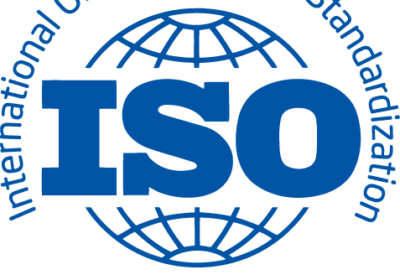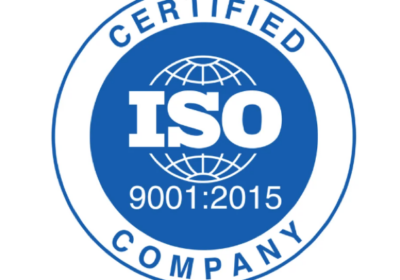Internal Audits for ISO Management Systems: A Key to Continuous Improvement

Internal Audits for ISO Management Systems: A Key to Continuous Improvement
Internal audits are a critical component of any ISO management system, such as ISO 9001 (Quality), ISO 14001 (Environmental), and ISO 45001 (Occupational Health and Safety). They are designed to assess the effectiveness of your management system, identify non-conformities, and ensure compliance with ISO standards. Unlike external audits, internal audits are conducted by the organisation itself, offering a proactive approach to maintaining and improving system performance.
What is an Internal Audit?
An internal audit is a systematic, independent, and documented process for obtaining audit evidence and evaluating it objectively to determine the extent to which the management system meets the organization’s requirements, ISO standards, and any other relevant regulatory or statutory requirements. These audits are performed by qualified personnel within the organisation or outsourced to an external party but conducted on behalf of the organization itself.
Internal audits are typically carried out periodically and serve as a tool for management to review the effectiveness of the ISO system and its alignment with business goals. They help ensure that the system is being implemented correctly and that continual improvement is being achieved.
Best Practices for Internal Audits
To maximize the effectiveness of internal audits, organisations should consider the following best practices:
• Trained and Objective Auditors: Auditors should be properly trained in ISO standards and auditing techniques. They should also be independent from the area being audited to ensure objectivity.
• Regular and Scheduled Audits: Establish a consistent audit schedule that aligns with the size and complexity of the organisation. Regular audits ensure ongoing compliance and continuous improvement.
• Focus on High-Risk Areas: While all processes should be audited periodically, high-risk areas may require more frequent audits. Focusing on these areas can prevent serious non-conformities from occurring.
• Incorporate Feedback: Use the insights gained from previous audits, employee feedback, and customer complaints to focus on areas that need the most attention during the audit.
Benefits of Internal Audits for ISO Management Systems
The benefits of internal audits go beyond just compliance. They help organizations:
• Ensure Operational Efficiency: By identifying process inefficiencies and recommending improvements, internal audits help streamline operations, reduce waste, and improve productivity.
• Enhance Customer Satisfaction: An effective ISO system leads to better product or service quality, fewer errors, and improved customer satisfaction.
• Promote a Culture of Quality and Safety: Regular internal audits reinforce the importance of quality, environmental management, and safety in the workplace, fostering a positive organisational culture.
• Achieve Certification Goals: Internal audits are a crucial step in preparing for external certification audits, helping organisations achieve and maintain ISO certification.
Conclusion
Internal audits are essential for the success of ISO management systems. They provide valuable insights into how well the system is functioning, promote continuous improvement, and ensure compliance with ISO standards. By conducting thorough and well-planned internal audits, organisations can mitigate risks, enhance operational efficiency, and achieve long-term success.
Incorporating these audits into your regular business practices will help ensure that your management system not only meets ISO requirements but also drives ongoing improvement and business excellence.

Call to Action
Contact us today to find out how we can assist with your site safety audits. Email info@auditco.com.au or call us on 1300 706 491.
Internal Audits for ISO Management Systems: A Key to Continuous Improvement
Related Posts

Why ISO 27001 is Critical for Modern Business Security
Why ISO 27001 is Critical for Modern Business Security In today’s digital landscape, Australian…

How ISO9001 Certification Enhances Quality Management and Business Success
In today’s competitive business landscape, maintaining high-quality standards is crucial for sustained success. ISO 9001…

Preparing for an ISO Audit: Tips and Best Practices
Preparing for an ISO audit can be a daunting task, but with the right approach,…
